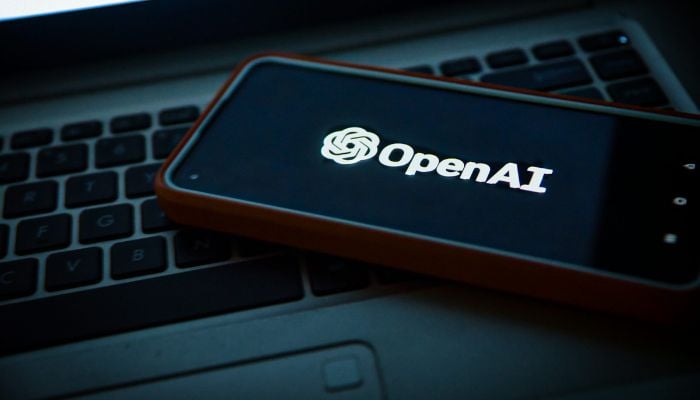
OpenAI's CEO Sam Altman has confirmed that the company is postponing the release of its eagerly awaited open model, a move that has caused a stir in the tech community.
The decision highlights the difficulties in creating advanced artificial intelligence and comes as the company looks to review high-risk areas and perform more safety tests.
"We need time to run additional safety tests and review high-risk areas. We are not yet sure how long it will take us, Altman said, emphasising the careful steps OpenAI is taking to guarantee the model's dependability.
"While we trust the community will build great things with this model, once weights are out, they can’t be pulled back. This is new for us, and we want to get it right."
Developers will have the freedom to download and use the technology to create innovative apps and services thanks to the open model, which was supposed to be released next week.
Nonetheless, OpenAI's cautious strategy demonstrates the company's dedication to producing a product that lives up to its high standards.
OpenAI VP of research Aidan Clark explained, "Capability-wise, we think the model is phenomenal—but our bar for an open-source model is high, and we think we need some more time to make sure we're releasing a model we're proud of along every axis." The company's commitment to excellence in AI development is emphasised by this sentiment.
The delay occurs at a time when the AI market is still developing quickly and rivals like Moonshot AI are making notable progress.
In a number of agentic-coding benchmarks, the Chinese startup's one-trillion-parameter open AI model, the Kimi K2, has outperformed OpenAI's GPT-4.1 model.
This development demonstrates how fiercely competitive the AI industry is, with businesses fighting to expand the realm of artificial intelligence's potential.
The open model's delayed release serves as a reminder of the delicate balance between innovation and responsibility in AI development, as the tech industry continues to closely monitor OpenAI's actions.
Given the increased stakes, OpenAI's cautious approach might eventually result in a safer, more dependable product.
















